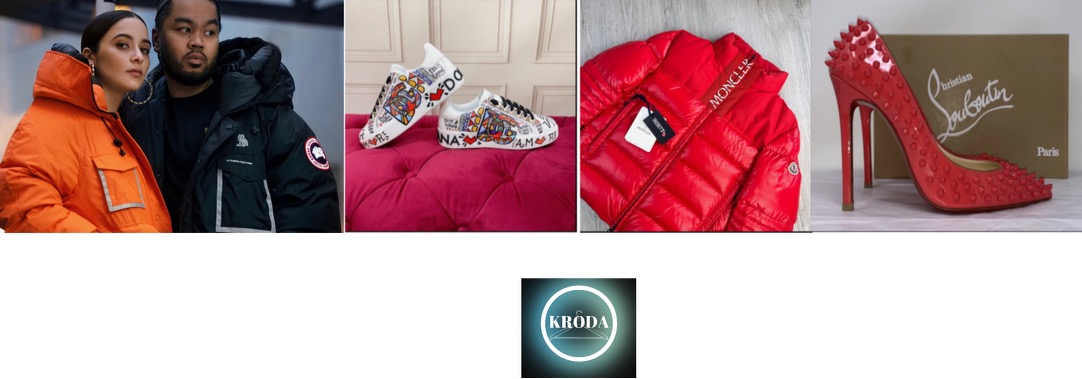Articles
Kroda App: Revolutionizing Fashion Rental and Boosting Global Economies
Written By: The Kroda Team
Introduction
In an era of rapid technological advancements, innovative platforms like Kroda have emerged, transforming traditional fashion consumption patterns and making a significant impact on global economies. By introducing a new asset system that allows people to rent their clothing and generate revenue, Kroda has not only revolutionized the fashion rental market but also created economic opportunities at a global scale. In this article, we will explore how Kroda helps boost global economies through its unique asset system.
Empowering Individuals through Asset Rental
Kroda's asset system provides individuals with an opportunity to monetize their wardrobe by renting out their clothing to others. This creates a win-win situation where both the owner and the renter benefit. Owners can generate additional income by leveraging their existing assets, while renters gain access to luxury and designer clothing at a fraction of the retail price. The ability to turn clothing into a revenue-generating asset empowers individuals to participate actively in the sharing economy and capitalize on their fashion choices.
Stimulating Consumer Spending
By offering affordable access to luxury clothing, Kroda stimulates consumer spending in the fashion industry. The platform democratizes fashion, allowing a broader audience to experience high-end clothing without the hefty price tag. As more individuals embrace the opportunity to rent luxury items through Kroda, they contribute to increased demand for fashion products. This surge in consumer spending helps drive growth in the fashion industry, benefiting designers, manufacturers, and retailers worldwide. The resulting economic activity has a positive ripple effect on job creation and economic expansion.
Job Creation and Economic Growth
The success of Kroda and the fashion rental industry as a whole leads to job creation and economic growth in various sectors. As the platform gains traction globally, it requires a dedicated workforce to manage day-to-day operations, ensure customer support, and drive technological advancements. Additionally, the growth of the fashion rental industry creates employment opportunities in areas such as logistics, garment cleaning and maintenance, and fashion consulting. These job opportunities contribute to economic development by providing individuals with stable income and improving overall livelihoods.
International Trade and Collaboration
Kroda's impact on global economies extends beyond individual countries or regions. The platform enables international trade and collaboration by connecting individuals worldwide. Renters can access clothing items from different parts of the globe, fostering cultural exchange and facilitating cross-border transactions. This globalization of fashion rental promotes economic integration and international cooperation. It also opens doors for small-scale fashion entrepreneurs to expand their reach and tap into new markets, leading to increased trade and economic interconnectedness.
Environmental Sustainability
Kroda's asset system aligns with the growing emphasis on sustainability and environmental responsibility. By encouraging clothing rental instead of purchasing new items, Kroda promotes sustainable consumption practices. As more people opt for renting instead of buying, it leads to the conservation of resources, reduced waste generation, and decreased carbon emissions. This focus on sustainability contributes to the development of a greener and more resilient global economy.
Conclusion
Kroda's asset system has not only transformed the way people access luxury clothing but also made a significant impact on global economies. By empowering individuals to monetize their wardrobe, stimulating consumer spending, creating job opportunities, fostering international trade, and promoting environmental sustainability, Kroda contributes to economic growth and development at a global scale. As the platform continues to gain momentum, its influence on global economies will continue to expand, making it a significant player in the fashion industry and the sharing economy.
